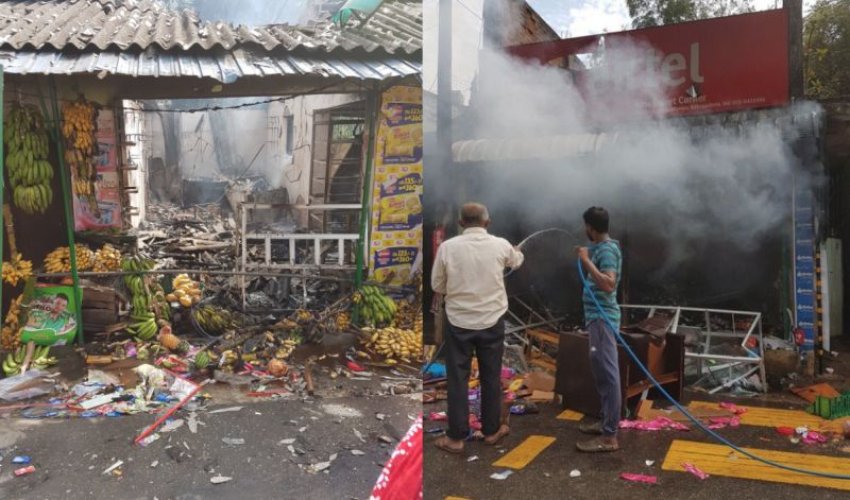
Sri Lankan president Gotabaya Rajapaksa has dissolved parliament and called an election for April 25, saying he hopes to win a two-thirds majority that would enable him to change the constitution and increase the powers of the president.
Rajapaksa was elected president on November 16. He won by appealing to chauvinistic attitudes among the Sinhalese majority towards Tamils and Muslims.
Rajapaksa is regarded as a war criminal by many Tamils. He was defence secretary in 2009, when the armed forces massacred tens of thousands of Tamils in the final stage of the war against the Liberation Tigers of Tamil Eelam, who were fighting for an independent Tamil homeland in the north and east of Sri Lanka.
Human Rights Watch (HRW) has warned that "a state of fear is being re-established in Sri Lanka" since Rajapaksa was elected and reports that "Sri Lankan security agencies are stepping up surveillance, harassment, and threats against human rights activists and journalists".
HRW recently interviewed 15 human rights defenders across the island. They spoke of being followed by intelligence officials and being interrogated about their plans to speak to the United Nations Human Rights Council.
"Several human rights activists described receiving repeated phone calls from intelligence officers. Some of these calls have apparently been to tell activists that they are being watched at that moment. On other occasions the caller asks questions or issues threats or warnings....
"Police and intelligence officers have sought to instil fear in rights groups by visiting their offices and demanding staff lists, home addresses and other personal details. One activist said the authorities came to his office demanding this information, but then revealed that 'they knew already everything. My personal details, they knew it. This is part of the intimidation'."
Journalists have also been harassed, intimidated and attacked.
According to HRW: "Over the past three months, unidentified people have physically attacked journalists several times, and issued death threats against reporters perceived as critical of the government. Security officials have searched media offices."
Repression has intensified in Tamil areas, according to Tamilnet. There has been a rise in the number of military roads checkpoints and several "abduction-style arrests" by the Terrorist Investigation Division of the Sri Lankan police.